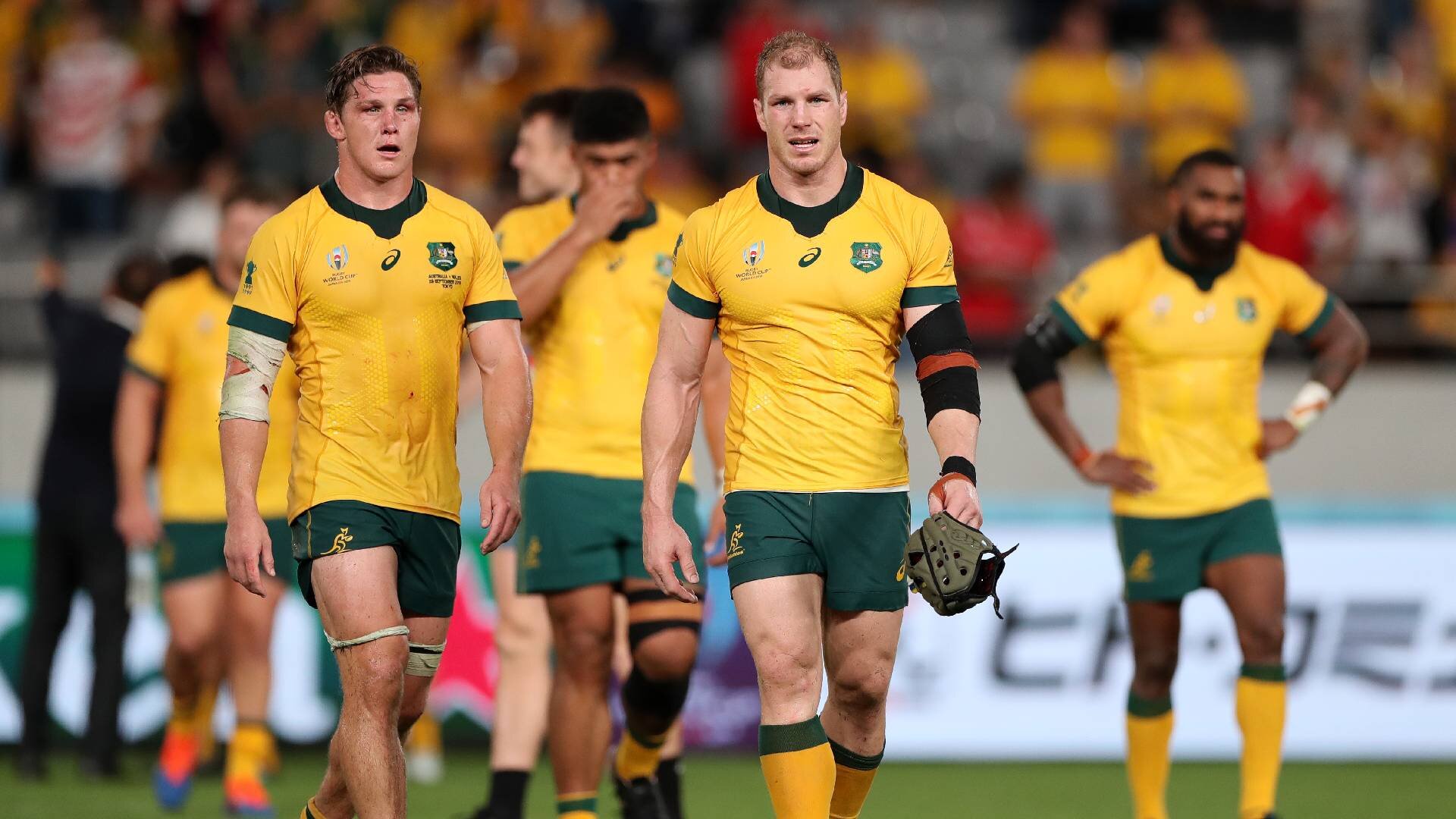'Australia have been reported as being in a weaker position than a lot of others'

The internal division remains, but the financial strife afflicting Rugby Australia (RA) is among the big headaches helping bring world unions closer together, according to the boss of the English game.
Rugby Football Union chief executive Bill Sweeney said while the coronavirus pandemic was creating crises across the game globally, some national unions had been hit harder than others.
USA Rugby was the only union to have filed for bankruptcy but others were on their knees following the suspension of competitions and related revenue hits.
Rugby Australia announced a financial loss of $9.4 million for 2019 and, forecasting a potential $120 million revenue hit this year, has stood down 75 per cent of its staff for three months and slashed salaries to combat COVID-19.
RA chief executive Raelene Castle will take a 50 per cent cut and her executive will take a 30 per cent hit.
But players remain in the dark on their predicament after Rugby Union Players’ Association bos s Justin Harrison entered discussions on their behalf on Tuesday.
Despite the security of a non-disclosure agreement, RA are yet to provide Harrison with a financial picture he thinks is clear enough to progress discussions.
“At a time when governing bodies in the other major football codes have been open and transparent with their players, RA continues to refuse our requests,” he said on Friday.
It’s a stance backed by departed national coach Michael Cheika, who has called on Castle to be forthcoming with the figures and follow NRL equivalent Todd Greenberg in taking the same hit as the players.
World Rugby has indicated it will act as a lender of last resort for struggling organisations but Sweeney said international unions had staged their own discussions about how to help those in most need.
“Australia have been reported as being in a weaker position than a lot of others,” Sweeney told journalists.
“There is an unprecedented amo unt of dialogue going on between all the unions and the relationship between the north and the south has probably never been better.
“It’s in no one’s interest for Australia to get into even more serious difficulties.”
It isn’t the first time Sweeney has advocated for Australia.
Last November the powerful official said an Australia-hosted World Cup in 2027 would help alleviate their financial challenges.
World Rugby chairman Bill Beaumont didn’t single out Australia as needing specific help but indicated southern hemisphere nations are feeling the pinch more than the north because of the proximity of their international hosting window.
“We are well aware of the financial situation down south. The southern unions are looking at the July Tests and the northern unions are looking at the November Tests, but we are all in it together,” he told The Daily Mail.
“There is no one who is going to make a lot of money during this time. Everyone is going to suffer.”
AAP









































































